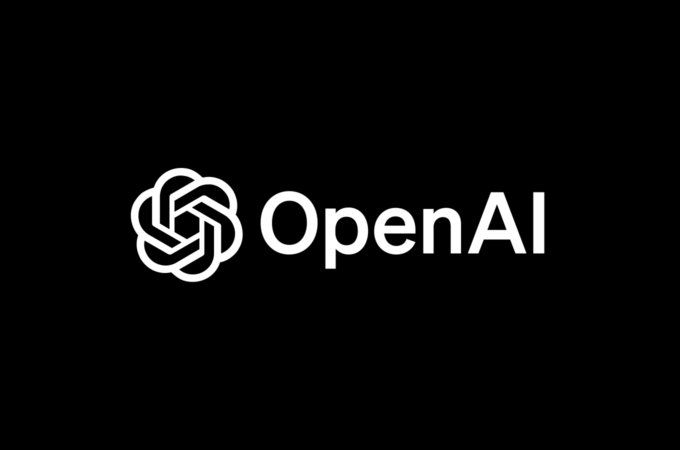
Global AI Treaty Signed by US, EU, UK, and Others to Regulate AI Use
In a landmark move, the United States, United Kingdom, European Union, and several other nations have signed the first legally binding international treaty on artificial intelligence. The Council of Europe Framework Convention on Artificial Intelligence, Human Rights, Democracy, and the Rule of Law aims to establish a global standard for AI development and usage while safeguarding fundamental rights and promoting responsible innovation.
For the fintech industry, which has been rapidly adopting AI technologies, this treaty could have significant implications. The agreement covers the entire lifecycle of AI systems and seeks to balance technological progress with risk management, a crucial consideration for financial technology companies leveraging AI for tasks such as fraud detection, credit scoring, and algorithmic trading.
Key aspects of the treaty that fintech firms should note include:
- Data protection and privacy: The convention emphasizes the importance of protecting personal data, a critical issue for financial institutions handling sensitive customer information.
- Non-discrimination: AI systems must be designed to avoid bias, which could impact fintech applications in areas like loan approvals and investment recommendations.
- Transparency: The treaty calls for increased transparency in AI decision-making processes, potentially affecting how fintech companies explain AI-driven financial decisions to customers and regulators.
- Human oversight: While promoting AI innovation, the agreement stresses the need for human supervision, which may influence how fintech firms implement AI in critical financial operations.
While the treaty provides a broad framework, its effectiveness will depend on how individual countries implement and enforce these principles. Fintech companies operating globally will need to stay informed about varying national interpretations and regulatory approaches.
The signing of this treaty marks a significant step towards creating a unified global approach to AI governance. However, notable absences from the initial signatories include major fintech hubs in Asia and the Middle East, which could lead to regulatory disparities in the global financial technology landscape.
As the treaty moves towards ratification and implementation, fintech companies should closely monitor developments and prepare to align their AI strategies with these emerging international standards. This proactive approach will be crucial in navigating the evolving regulatory landscape while continuing to drive innovation in financial services.





